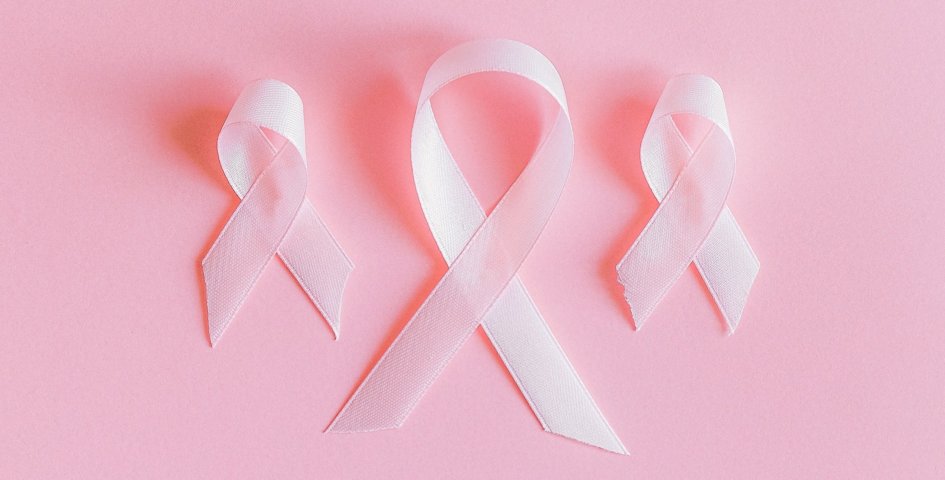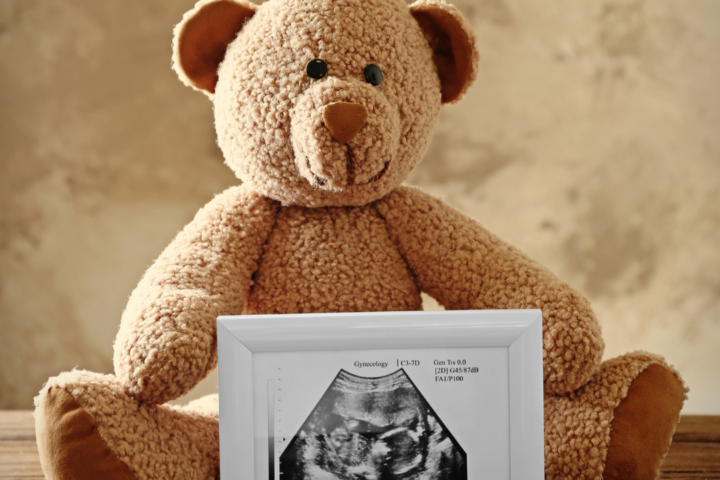As the summer ends and fall comes in with a bang, the month of October brings more than just chunky sweaters and colorful trees. For over 30 years, The National Breast Cancer Foundation has run a hugely successful campaign to increase awareness of and raise funds towards the treatment and cure for breast cancer. For some, it is just another good cause to send a few dollars to; but for others the campaign brings hope.
Breast cancer awareness month has helped educate and empower women to take responsibility for their own breast health. It encourages self-breast exams, mammograms and regular visits with our physicians. We applaud them for the amazing work they have done and continue to do in educating an entire generation of women and bringing the issues to mainstream and public conversation.
Cancer is a diagnosis that no woman, no matter what age, wants to hear from her doctor. However, for women who still want a family, the diagnosis makes them ask “how will this affect my fertility?” In general it is not the cancer that effects a patient’s fertility but rather the chemotherapy, radiation and some surgeries that are necessary to help put them in remission. Chemotherapy and radiation therapy can both decrease a woman’s egg count and quality. This may severely compromise her fertility potential. Surgeries to remove the ovaries or uterus may be necessary for specific situations.
Take the Next Step – Schedule an Appointment
What are a woman’s options?
A referral to a reproductive endocrinologist (REI) is a really good sign. That means that your oncologist thinks that you have a good chance of getting over this hurdle. This should give you a sense of hope. A woman who is medically stable and has a realistic prognosis should think about fertility preservation before any treatment. Options would include egg freezing or, for those with a partner, embryo freezing. Both of these processes take about 2-3 weeks and involve hormonal therapy and an egg retrieval. An egg retrieval is done under anesthesia and takes approximately 20 minutes; depending on how many eggs are retrieved. After retrieval, if freezing embryos, the eggs will first be fertilized using in vitro fertilization (IVF).
Knowing that having children is still possible can take a huge weight off of your shoulders and give you hope through the tough journey of fighting cancer. Egg freezing or embryo freezing is a safety net for your future. Thankfully, the attention brought to women’s health for more than thirty years, during the month of October, has enabled the medical community to create fertility treatments that would not otherwise exist.
If you would like to learn more about GENESIS Fertility New York or are ready to schedule an appointment, please speak with one of our representatives at 929-605-5467.





